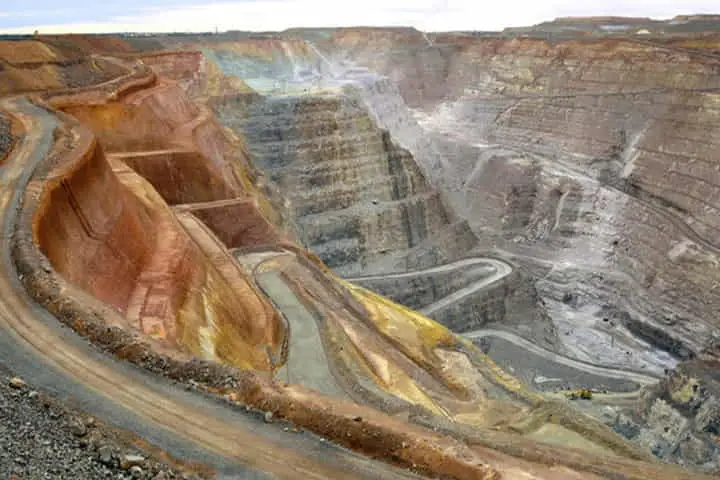Pakistan is on high alert following the warning issued by the Baloch separatist groups to China to “refrain from aiding Pakistan in looting Baloch resources and occupying our motherland, or else their interests will become our targets."
Despite threats, the Imran Khan government has once again handed over the Saindak gold-copper mines to a Chinese company in the Chaghi area of restive Balochistan on Thursday without consulting the provincial government of Balochistan. The incumbent chief minister of the province belongs to Balochistan Awami Party which is part of the coalition government of Imran Khan.
“It is illegal and no real representatives of Balochistan were consulted. We will go to court against the agreement. According to law, the power and authority over the assets and minerals of the state has been given to the province, not the federal government,” Voice of America (VOA) Pashto quoted one of the ministers of the province as saying.
According to the agreement reached between the Chinese company and the Pakistani government, half of the profits from the mine and the government of Pakistan and the government of Balochistan would be given only 2% of the profits in royalty—a formula that is not accepted by the Balochistan government which says the estimated gold and copper reserves in the biggest Saindak areas are more than $ 10 billion.
In 2012, the contract was given to the same company but not a single penny was paid to the provincial government.
According to reports, China is a big market for Pakistani copper. It is the same Chinese company which has a contract for gold and lithium in Aynak in Afghanistan.
To protect the Chinese interests in the mining areas of Balochistan, the Pakistani army has deployed heavy security rings but that has not deterred the Baloch rebels attacking Chinese engineers and workers.
According to a Quetta based journalist, since August last year the work was almost stopped by the Chinese company following the threats by the Baloch rebels. These attacks forced Chinese authorities into a state of high alert regarding the work in Pakistan, especially in Balochistan. It has compounded their anxieties about the sad state of affairs in the province, where it wants to continue the CPEC work that is part of Beijing’s grander Belt and Road Initiative (BRI).
The Chinese have been pushing their Pakistani government to ensure a secure environment for the purpose of implementing CPEC projects in Balochistan but these stepped-up security provisions have backfired by increasing local resentment.
During his trip to China, Pakistan PM Imran Khan assured China that its Belt and Road Initiative (BRI) investments are safe and sound for expansion in Pakistan, but the Chinese are not convinced. In the biggest Baloch attacks in recent years, the Baloch Liberation Army (BLA) claimed to have killed over 100 Pakistan soldiers and officers in two separate attacks on Frontier Corps bases in Balochistan’s Panjgur and Noshki districts that started on February 2, symbolically coinciding with Khan’s trip to Beijing to meet top Chinese officials including President Xi Jinping.
Among the Baloch resistance groups the Balochistan Liberation Army (BLA) has taken the lead in targeting Chinese investments and diplomatic outposts in Pakistan. The BLA took the responsibility for attacking the Chinese consulate in Karachi in 2018 and , two years later, the Karachi Stock Exchange, where China has made a substantial investment. Following the Consulate attack, suicide bombers in Kandahar killed Baloch, who had been outspoken about mounting resistance against China and CPEC.




















